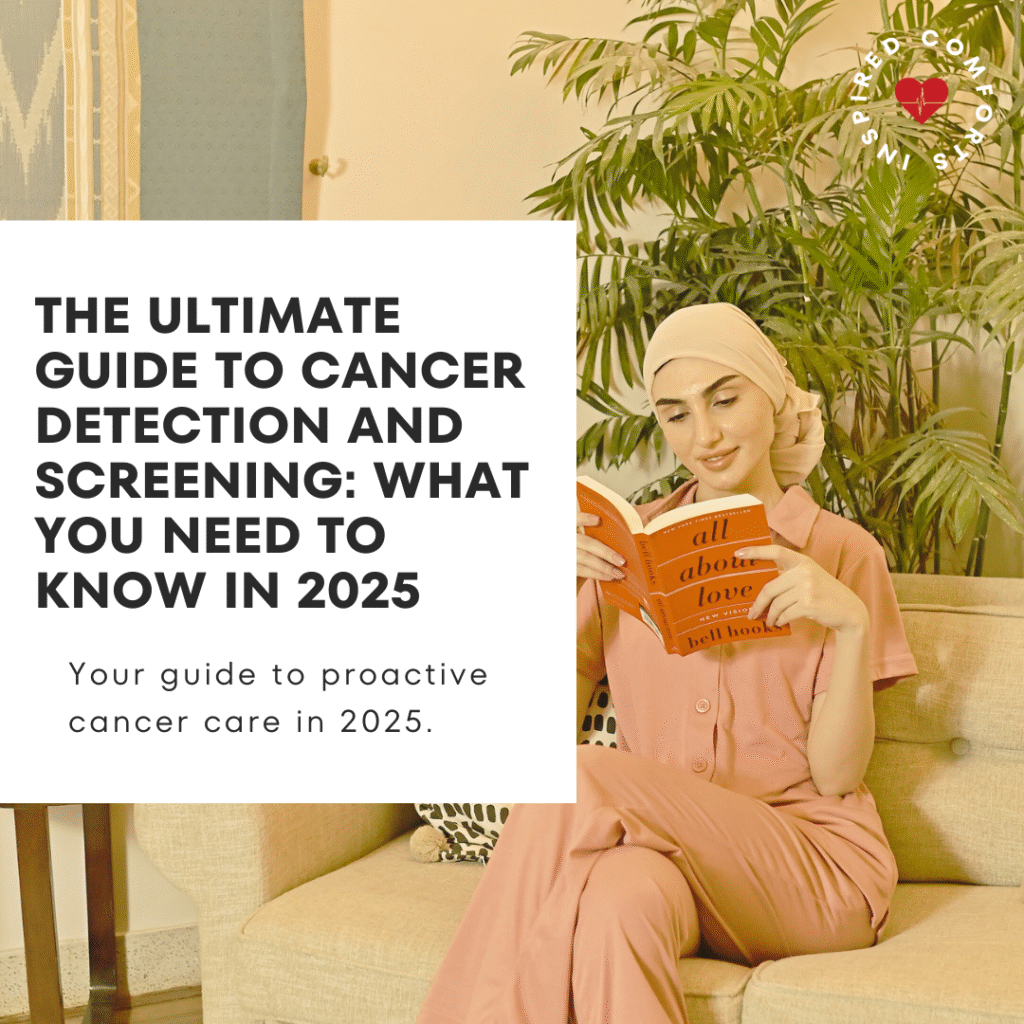Cancer remains one of the leading causes of death globally, but early detection and regular screening can make a life-saving difference. In 2025, with advancements in medical technology and increasing awareness, there are more ways than ever to detect cancer in its earliest stages. This comprehensive guide will help you understand the most effective screening methods, recent innovations, and why regular checkups matter.

Why Early Detection is Crucial
Early detection of cancer often means more treatment options, less aggressive interventions, and significantly higher survival rates. Many cancers, when caught in Stage 0 or Stage I, can be treated successfully, sometimes even cured.
Top Cancer Screening Methods in 2025
1. Blood-Based Cancer Screening (Liquid Biopsies)
One of the biggest breakthroughs in cancer detection is the rise of multi-cancer early detection (MCED) blood tests. These tests can identify DNA fragments from various cancer types using just a single blood sample.
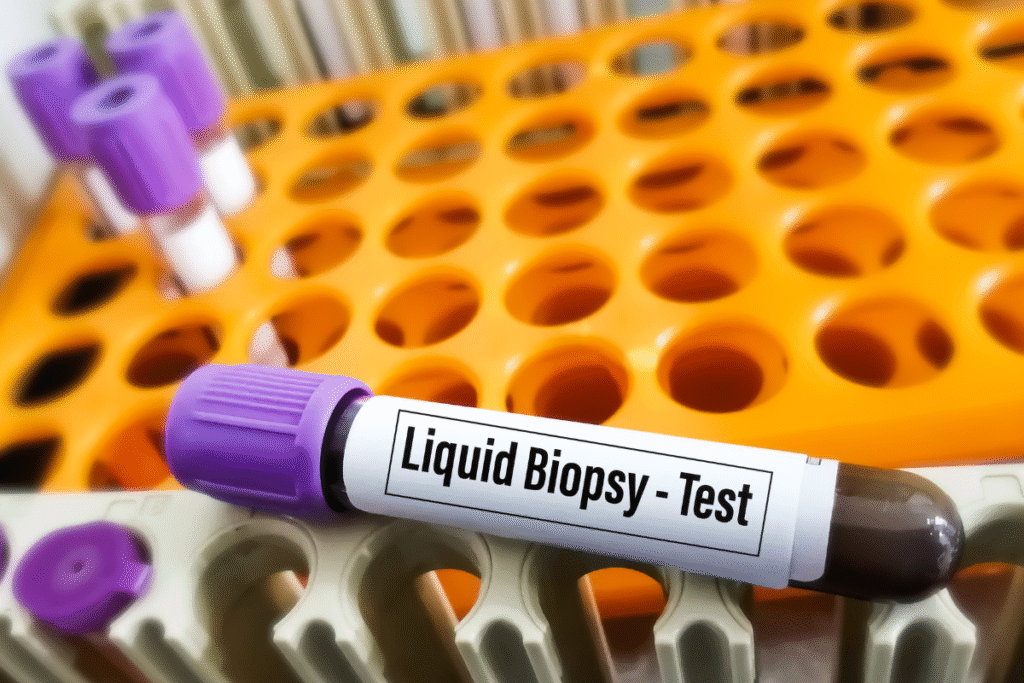
Popular Tests:
- Galleri by GRAIL
- CancerSEEK
- PanSeer
2. Mammograms for Breast Cancer
Recommended annually for women over 40, mammograms remain a gold standard. 3D mammography (tomosynthesis) provides clearer and more accurate images.
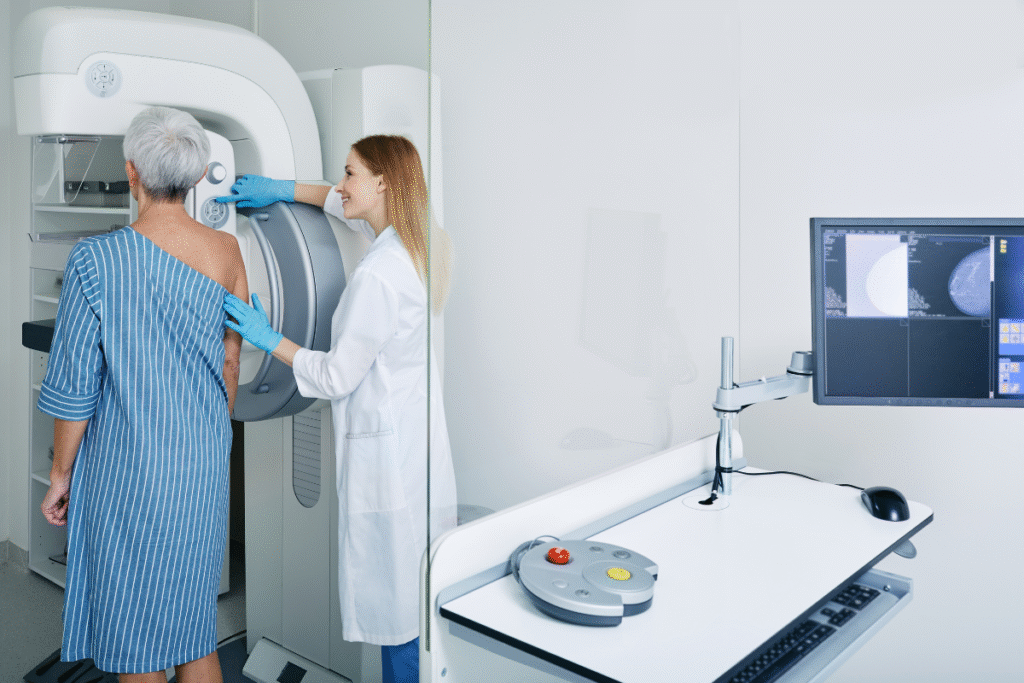
3. Colonoscopy and Cologuard for Colorectal Cancer
Colonoscopy is recommended every 10 years starting at age 45. For those seeking non-invasive options, Cologuard is a stool-based DNA test used every three years.
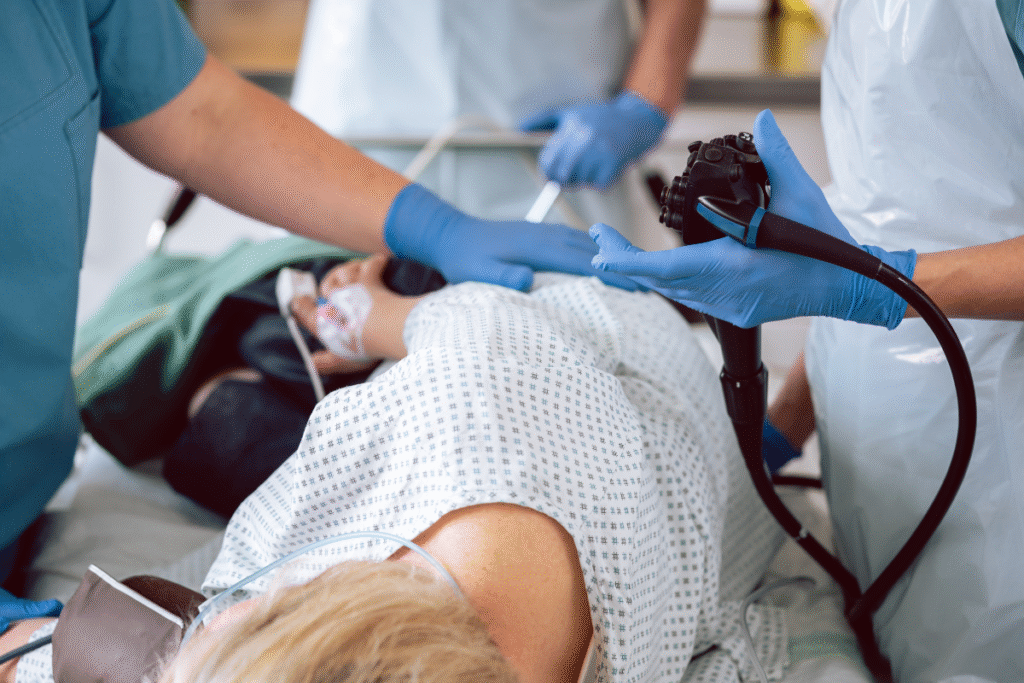
4. Low-Dose CT Scans for Lung Cancer
For individuals with a history of smoking, low-dose CT scans can detect lung cancer before symptoms appear, significantly improving outcomes.
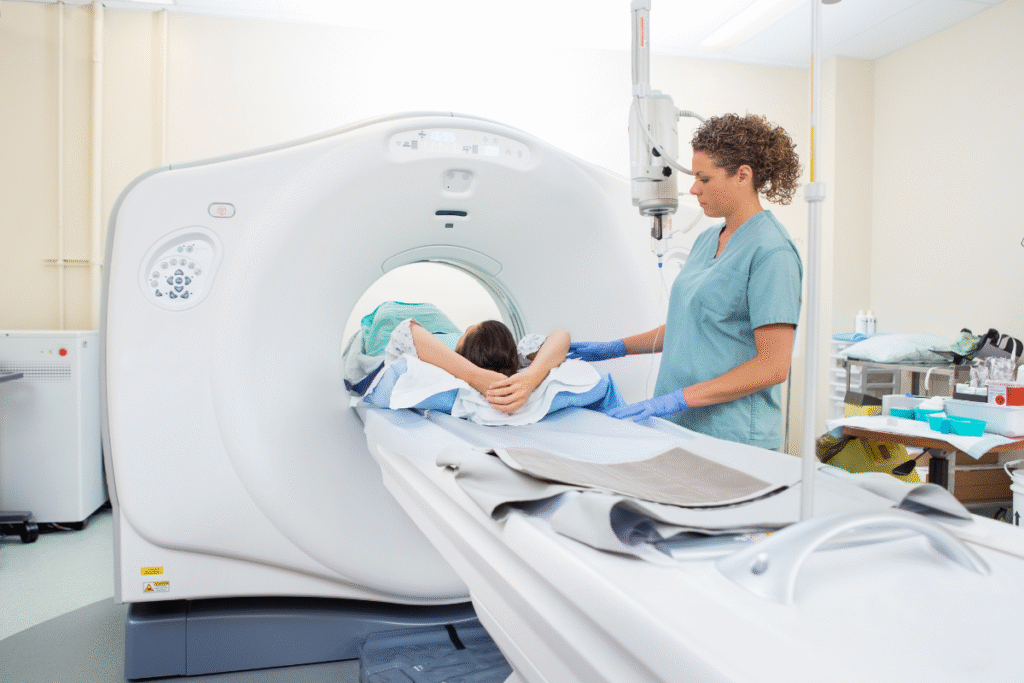
5. Pap Smear and HPV Test for Cervical Cancer
Women aged 21–65 should have routine Pap smears and HPV testing. Co-testing every five years is now standard.
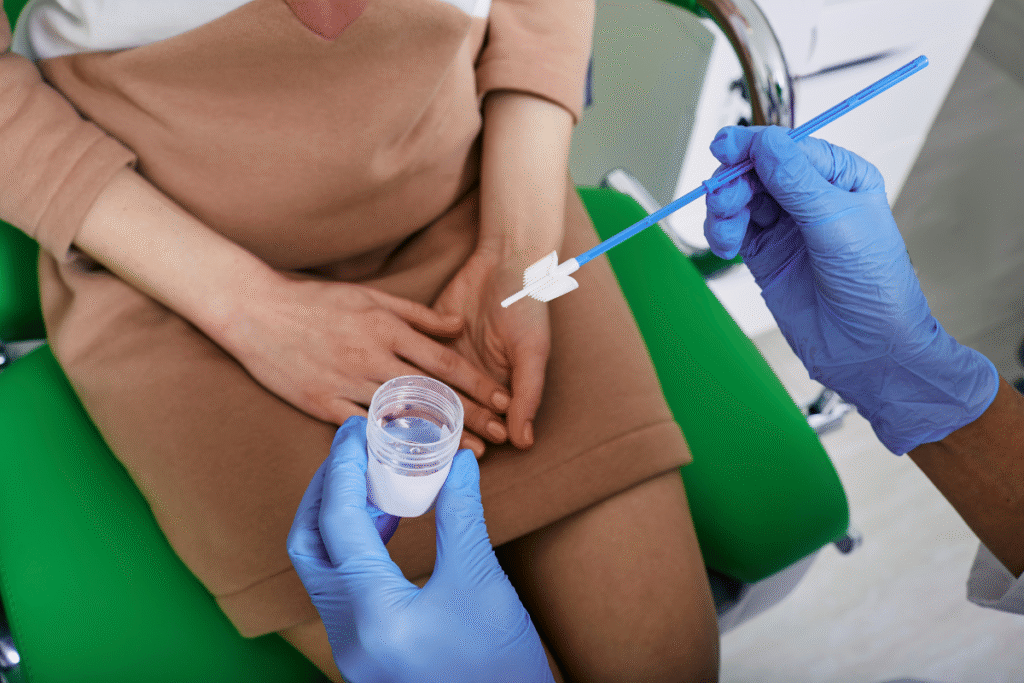
Innovations to Watch
- AI-Powered Diagnostics: Algorithms can now detect patterns in imaging tests that humans may miss.
- Urine and Saliva-Based Tests: Non-invasive and convenient, these are emerging tools with promising accuracy.
- Wearables and Health Apps: Devices that monitor physiological changes may soon alert users to cancer warning signs.
Who Should Get Screened?
Screening recommendations vary by age, gender, lifestyle, and family history. It’s important to consult your doctor to create a personalized screening schedule. People with high risk factors (such as a family history of cancer, smoking, or certain genetic mutations like BRCA1/2) may need earlier and more frequent screening.
FAQs About Cancer Screening
Is cancer screening painful? Most screening tests are non-invasive or minimally invasive and cause little to no pain.
How often should I get screened? This depends on your risk factors and the type of cancer. Annual or biennial screenings are common for breast and cervical cancers.
Can cancer be detected through routine blood tests? Routine blood work may not detect cancer, but new specialized tests like MCED can.
Final Thoughts
Cancer detection and screening are evolving rapidly, offering hope and clarity. Don’t wait for symptoms to appear. Being proactive about your health with regular screenings can save your life.
At Inspired Comforts, we believe healing starts with comfort. Whether you’re going in for a screening or navigating recovery, our thoughtfully designed pieces are here to make the journey a little easier

